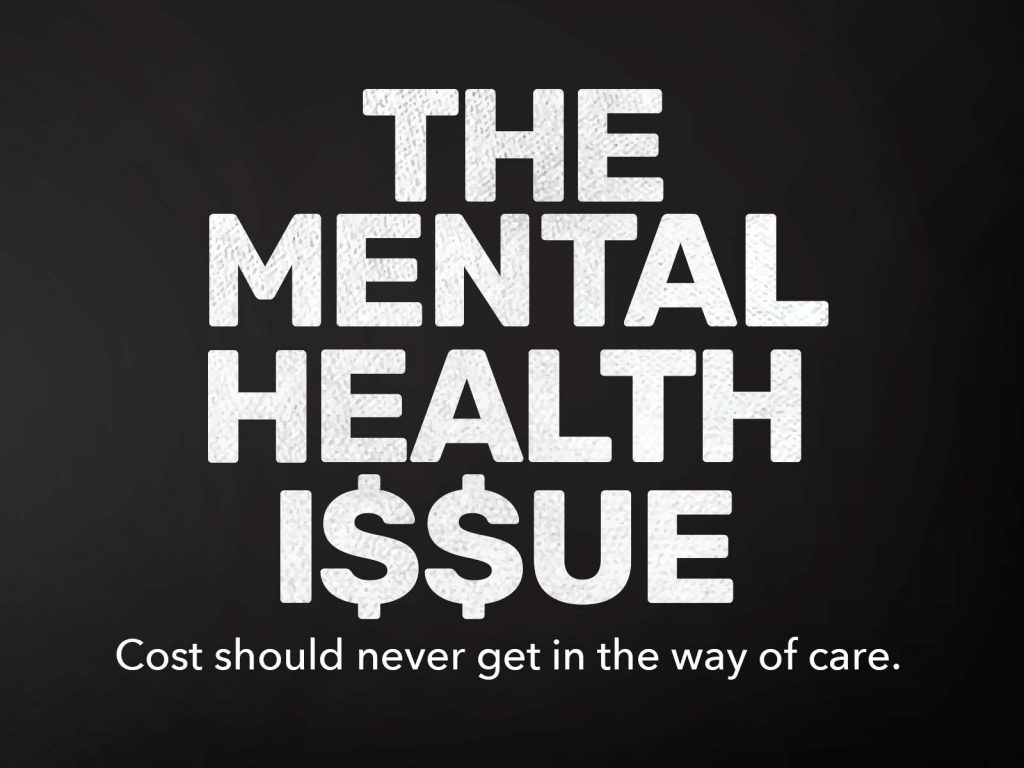Menu
Close

Reid’s Story
Jul 26, 2022
Human connection is key to keeping people well.
Reid is a retired social worker, a Metis elder and a human being. And the three identities are fused firmly together.
A residential school survivor, his kookum – grandmother in the Cree language – is always with him, “sitting on his shoulder,” guiding him. Meanwhile, Tom, and so many other youth he worked with over many decades, sit squarely in his heart.
Tom is a young man with schizophrenia who felt that demons were all around him. Reid worked closely with him, gave him a drum teaching and helped him make a hand drum. At risk of suicide in the past, Tom is still with us. “He protects that drum with all his heart. That’s what keeps him safe.”
For Reid, having strong, positive human relationships is key to protecting and promoting mental health. But mainstream therapeutic approaches don’t always work that way.
“The mental health system is not good for a lot of our people,” Reid says, referring to Indigenous people in Canada. “You can’t fly in as an expert and try to fix everything,” he explains, noting that there are also jurisdictional disputes that interfere. “I don’t care whether it’s provincial or federal, the person should be taken care of. There’s no reason we couldn’t find a way to provide better mental health services to every Canadian citizen, no matter where we live.”
Reid’s spirit name is wâpi-maskwa – White Bear in the Cree language – and he wears it proudly, including on his license plate.
“A young man came running up to me: ‘You’re White Bear?’ And I said, ‘yes’. And he says, ‘Well, my spirit name is Little White Bear. Are we brothers?’ And I said, ‘we sure could be.‘”
That’s Reid. He is 71 and lives in Winnipeg.
To learn more about the Canadian Mental Health Association’s campaign for Free Mental Health Care Now please visit www.MentalHealthCareNow.ca
